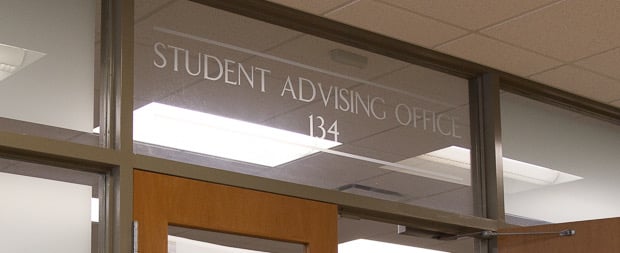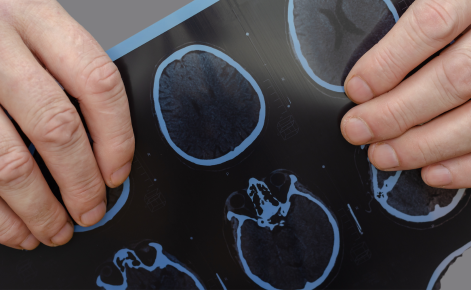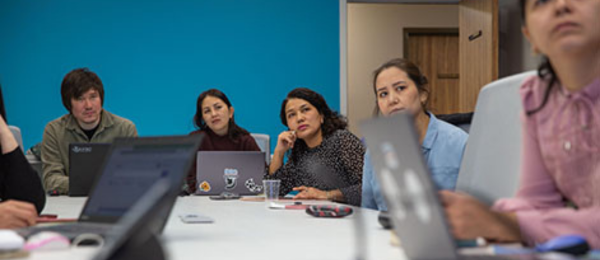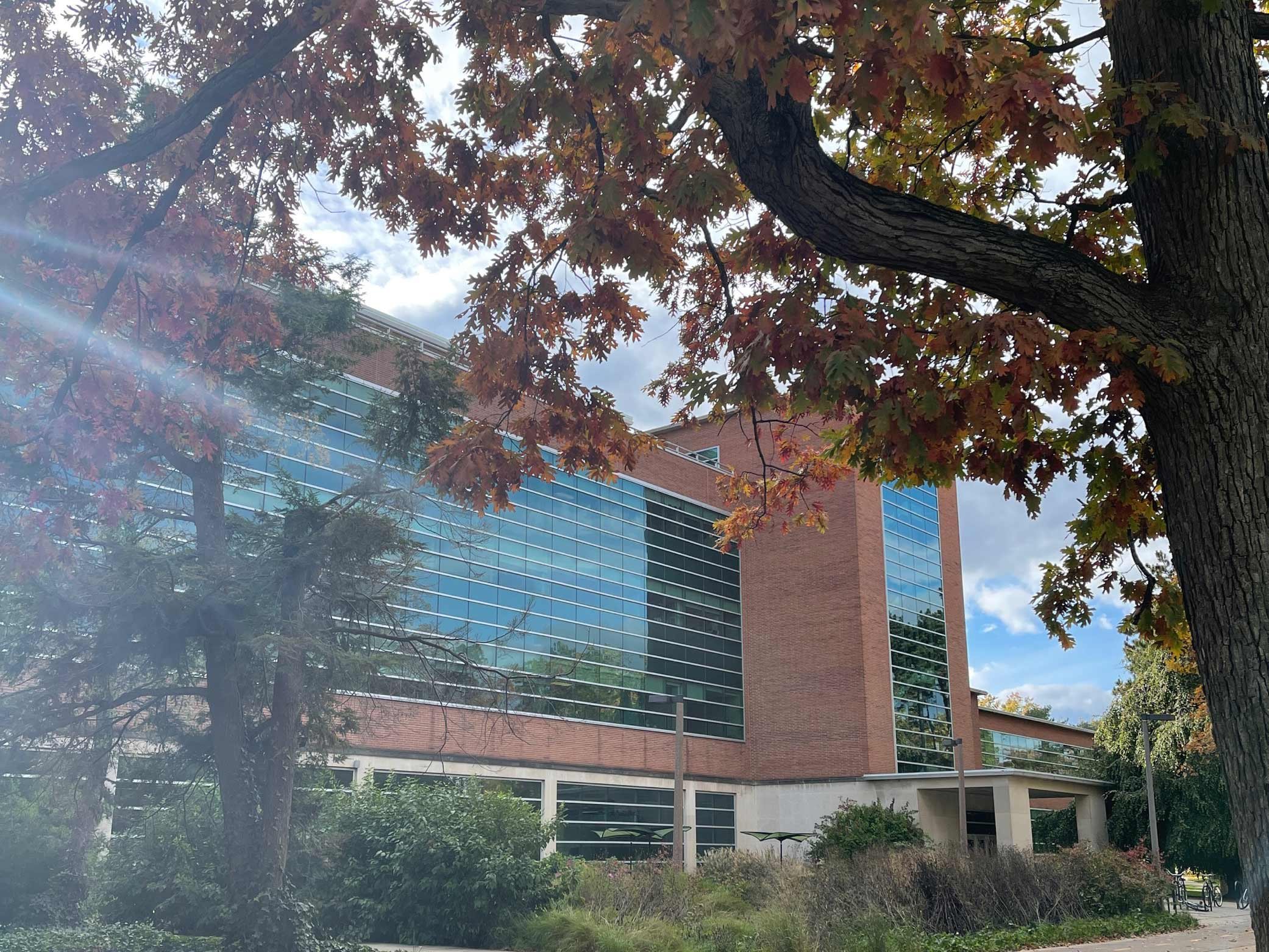Fieldwork Experience
Background. The Behavior Analyst Certification Board (BACB) offers two ways for students to satisfy their fieldwork requirements: a) supervised fieldwork experience (2,000 hours), or b) concentrated supervised fieldwork experience (1,500 hours).
The MA in ABA Program at Michigan State University (MSU) is designed to support the concentrated fieldwork experience.
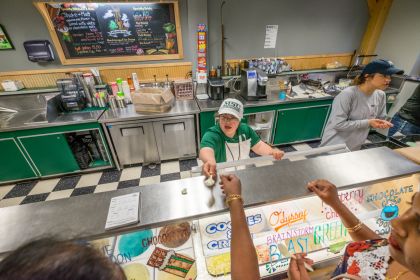
About the Concentrated Supervised Fieldwork Experience. In addition to completing 1,500 of concentrated supervised fieldwork, the following are also required of the student1
- The student must obtain no less than 20 hours of experience per supervisory period2, and no more than 130 hours of experience per supervisory period
- The student must have a minimum of 6 supervisor-trainee contacts per supervisory period(contacts must be at least 15 minutes)-The student must be observed with a client, by their supervisor, at least once per supervisory period3
- At least 10% of the student’s hours for the supervisory period should be supervised hours (calculated by dividing the supervised hours by total fieldwork hours for the supervisory period)
- At least 50% of the student’s supervised hours must be individual supervised hours (i.e., group supervision may not exceed 50%)
- At least 60% of the student’s supervised fieldwork must be spent engaged in unrestricted activities
Unrestricted vs. Restricted Activities. The BACB defines unrestricted activities as those that are most likely to be performed by a BCBA. Whereas restricted activities are things you may do to provide directservices to a client (e.g., deliver discrete trial instruction), unrestricted activities include, but are not limited to data collection, staff training, and data analysis.
Practicum Courses. To satisfy the requirements of the concentrated fieldwork experience, students will enroll in a practicum courses throughout their program of study. The practicum courses will facilitate growth in competence in BCBA-related activities. The courses will also ensure the student’s compliance with BACB requirements for the concentrated fieldwork experience.
The First Year Experience. During the first year experience, students spend a majority of their time engaging in restricted hours, which resembles direct-contact with a client or clients.
The Second Year Experience. During the second year experience, students spend a majority of time engaging in unrestricted hours. The transition from restricted to unrestricted hours comes as the student spends less time working with clients and more time coordinating treatment and planning. The practicum course will require that students obtain 20 hours per week of fieldwork experience at an approved practicum site (a majority of which will be unrestricted hours). Five of the 20 hours per week may be put towards on-site activities involving the student’s research thesis. Any practicum course meetings will be in addition to the required 20 hours per week.
1 It is your responsibility to check BACB.com for updated requirements, as the information provided on that Web site is considered the authoritative and final word on requirements for fieldwork supervision.
2 The BACB defines a supervisory period as 1 calendar month.
3 However, students enrolled in this program must be observed at least 4 times a supervisory period, with a client, to meet present fieldwork requirements.
Research Practicum
As part of MSU’s MA-ABA program, students will complete a research practicum, conducted at the same time as the master’s thesis (described below). The research practicum will involve regularly scheduled meetings with faculty and peers to discuss research projects. This experience is designed to provide supervision to students in a range of professional behaviors essential to consuming and conducting research in ABA. Topics include:
- ethical scientific behavior
- critical analysis of published research
- conducting research to inform practice in educational or clinical settings and
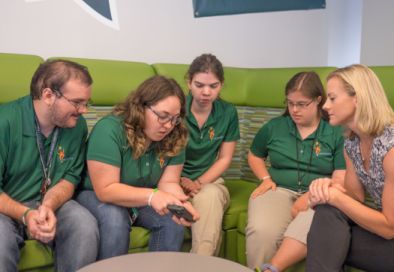
Master’s Thesis
A master’s thesis is the culmination of graduate education and training in the MSU MA-ABA degree program. Students will propose, conduct, write up and orally defend an empirically-based master’s thesis. Students will decide on a topic and develop the research project with their advisor, ensuring the topic fits Baer, Wolf and Risley’s (1968; 1988) definition of applied behavior analysis and employs a single-case experimental design. While working on the thesis, students will enroll in three (3) credits of CEP 899: Master’s Thesis Research per term for two semesters during the second year of the program. The following table outlines the thesis timeline, with additional details following.
Year 1
- Fall Tasks
- Discuss research questions with advisor
- Finalize research topic and gain approval from advisor
- Spring Tasks
- Design research methodology in CEP 942
- Working with advisor and 942 instructor, prepare an introduction and literature review of thesis
- Identify and confirm committee members—schedule proposal for early fall of year 2
- Confirm site for research
- Summer Tasks
- Finalize introduction and method section
- Complete IRB application
Year 2
- Fall Tasks
- Enroll in CEP 899
- Propose thesis early to committee
- Obtain final IRB
- Complete any revisions suggested by committee
- Recruit participants and start project
- Spring Tasks
- Enroll in CEP 899
- Complete research project
- Write discussion and results
- Schedule thesis defense: should be prior to May 15th
Above-average Alumni
From questions and research methods to published authors, MA-ABA graduates have shared results from their research practicum experience in leading journals. Learn about how our Spartan alumni are moving the field forward.

